AMENDMENTS IN TAX LAWS FOR FINANCIAL INVESTORS
입력 2020.07.23 (15:04)
수정 2020.07.23 (16:49)
읽어주기 기능은 크롬기반의
브라우저에서만 사용하실 수 있습니다.
[Anchor Lead]
The government has decided to step back from its plan to raise income tax for financial investors -- an idea that triggered protest from individual investors. Under the new policy, no taxes will be levied on income of under 50 million won from stock transactions, and the transfer tax will be lowered next year. Here's more on the expected amendments in the tax law.
[Pkg]
The number of people subject to the capital gains tax on stock transactions is to be reduced in half from the initial 300,000. Under the revised tax law announced by the government, taxable income from stock investment will be raised from over 20 million won to 50 million won. The initial draft on tax revision was modified one month after its first announcement. As a result, only 2.5 percent of some six million individual investors, or 150,000 people, will be subject to taxation.
[Soundbite] LIM JAE-HYUN(MINISTRY OF ECONOMY AND FINANCE) : "A basic deduction of 50 million won is extremely high compared to other financially developed countries."
Starting from 2023, those who produce profits not only from stocks but also from bonds and funds must pay income tax of at least 20 percent. Like stock investors, stock fund investors can also receive tax deductions. The basic deduction of two and a half million won will apply to bonds, derivatives and overseas stocks. The stock transaction tax will be lowered next year, one year earlier than planned. It will be cut by 0.02 percentage points first and lowered by another 0.08 percentage points in 2023 when the capital gains tax on profits from stock investment is to be introduced. The taxation period for those who had sustained losses in previous years will be extended from three to five years. Instead of the initial plan to withhold taxes on profits from stock investment on a monthly basis, the government has decided to do that once in six months. The decision reflects the president's warning not to discourage individual investors.
[Soundbite] MOON SUNG-HOON(PROF., HALLYM UNIVERSITY) : "The measure appears to be aimed at encouraging investors to invest floating capital in the domestic stock market rather than in real estate."
The government has also decided to levy a 20-percent tax on income from encrypted currency transactions exceeding 2.5 million won annually, and double taxes on electronic cigarettes, which are currently subject to lower taxes compared to regular cigarettes.
The government has decided to step back from its plan to raise income tax for financial investors -- an idea that triggered protest from individual investors. Under the new policy, no taxes will be levied on income of under 50 million won from stock transactions, and the transfer tax will be lowered next year. Here's more on the expected amendments in the tax law.
[Pkg]
The number of people subject to the capital gains tax on stock transactions is to be reduced in half from the initial 300,000. Under the revised tax law announced by the government, taxable income from stock investment will be raised from over 20 million won to 50 million won. The initial draft on tax revision was modified one month after its first announcement. As a result, only 2.5 percent of some six million individual investors, or 150,000 people, will be subject to taxation.
[Soundbite] LIM JAE-HYUN(MINISTRY OF ECONOMY AND FINANCE) : "A basic deduction of 50 million won is extremely high compared to other financially developed countries."
Starting from 2023, those who produce profits not only from stocks but also from bonds and funds must pay income tax of at least 20 percent. Like stock investors, stock fund investors can also receive tax deductions. The basic deduction of two and a half million won will apply to bonds, derivatives and overseas stocks. The stock transaction tax will be lowered next year, one year earlier than planned. It will be cut by 0.02 percentage points first and lowered by another 0.08 percentage points in 2023 when the capital gains tax on profits from stock investment is to be introduced. The taxation period for those who had sustained losses in previous years will be extended from three to five years. Instead of the initial plan to withhold taxes on profits from stock investment on a monthly basis, the government has decided to do that once in six months. The decision reflects the president's warning not to discourage individual investors.
[Soundbite] MOON SUNG-HOON(PROF., HALLYM UNIVERSITY) : "The measure appears to be aimed at encouraging investors to invest floating capital in the domestic stock market rather than in real estate."
The government has also decided to levy a 20-percent tax on income from encrypted currency transactions exceeding 2.5 million won annually, and double taxes on electronic cigarettes, which are currently subject to lower taxes compared to regular cigarettes.
■ 제보하기
▷ 카카오톡 : 'KBS제보' 검색, 채널 추가
▷ 전화 : 02-781-1234, 4444
▷ 이메일 : kbs1234@kbs.co.kr
▷ 유튜브, 네이버, 카카오에서도 KBS뉴스를 구독해주세요!
- AMENDMENTS IN TAX LAWS FOR FINANCIAL INVESTORS
-
- 입력 2020-07-23 15:21:14
- 수정2020-07-23 16:49:12
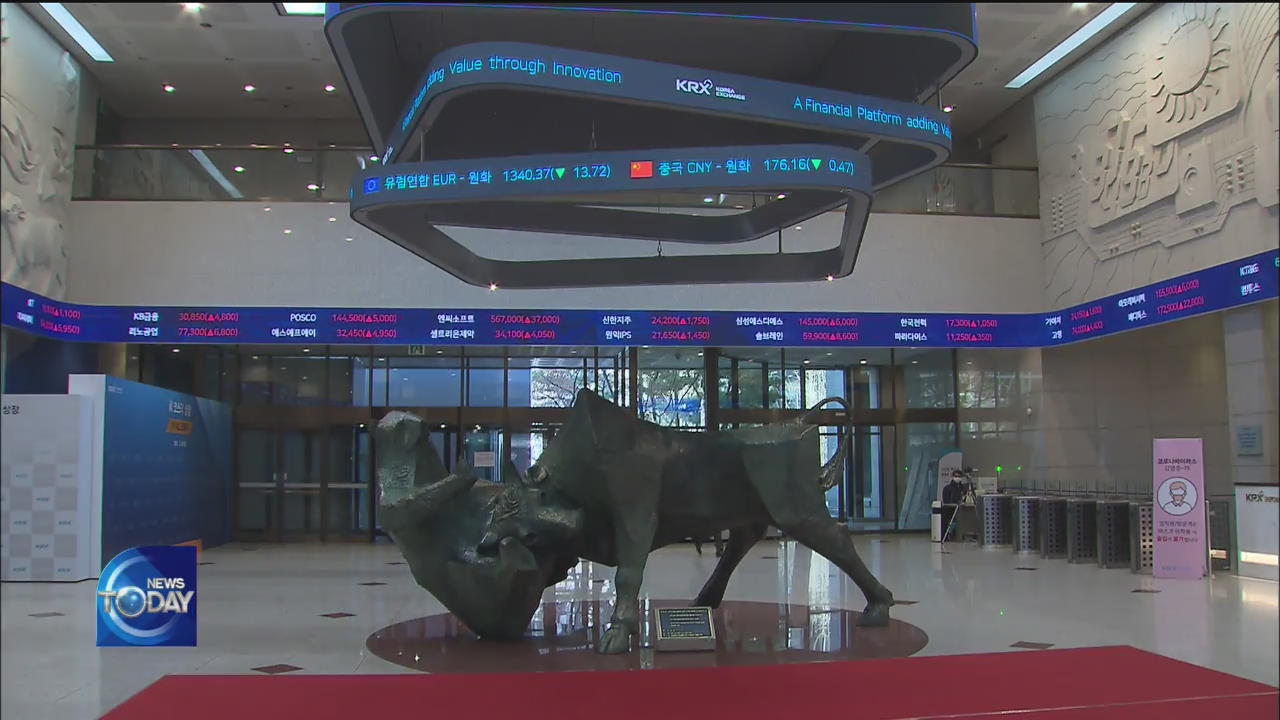
[Anchor Lead]
The government has decided to step back from its plan to raise income tax for financial investors -- an idea that triggered protest from individual investors. Under the new policy, no taxes will be levied on income of under 50 million won from stock transactions, and the transfer tax will be lowered next year. Here's more on the expected amendments in the tax law.
[Pkg]
The number of people subject to the capital gains tax on stock transactions is to be reduced in half from the initial 300,000. Under the revised tax law announced by the government, taxable income from stock investment will be raised from over 20 million won to 50 million won. The initial draft on tax revision was modified one month after its first announcement. As a result, only 2.5 percent of some six million individual investors, or 150,000 people, will be subject to taxation.
[Soundbite] LIM JAE-HYUN(MINISTRY OF ECONOMY AND FINANCE) : "A basic deduction of 50 million won is extremely high compared to other financially developed countries."
Starting from 2023, those who produce profits not only from stocks but also from bonds and funds must pay income tax of at least 20 percent. Like stock investors, stock fund investors can also receive tax deductions. The basic deduction of two and a half million won will apply to bonds, derivatives and overseas stocks. The stock transaction tax will be lowered next year, one year earlier than planned. It will be cut by 0.02 percentage points first and lowered by another 0.08 percentage points in 2023 when the capital gains tax on profits from stock investment is to be introduced. The taxation period for those who had sustained losses in previous years will be extended from three to five years. Instead of the initial plan to withhold taxes on profits from stock investment on a monthly basis, the government has decided to do that once in six months. The decision reflects the president's warning not to discourage individual investors.
[Soundbite] MOON SUNG-HOON(PROF., HALLYM UNIVERSITY) : "The measure appears to be aimed at encouraging investors to invest floating capital in the domestic stock market rather than in real estate."
The government has also decided to levy a 20-percent tax on income from encrypted currency transactions exceeding 2.5 million won annually, and double taxes on electronic cigarettes, which are currently subject to lower taxes compared to regular cigarettes.
The government has decided to step back from its plan to raise income tax for financial investors -- an idea that triggered protest from individual investors. Under the new policy, no taxes will be levied on income of under 50 million won from stock transactions, and the transfer tax will be lowered next year. Here's more on the expected amendments in the tax law.
[Pkg]
The number of people subject to the capital gains tax on stock transactions is to be reduced in half from the initial 300,000. Under the revised tax law announced by the government, taxable income from stock investment will be raised from over 20 million won to 50 million won. The initial draft on tax revision was modified one month after its first announcement. As a result, only 2.5 percent of some six million individual investors, or 150,000 people, will be subject to taxation.
[Soundbite] LIM JAE-HYUN(MINISTRY OF ECONOMY AND FINANCE) : "A basic deduction of 50 million won is extremely high compared to other financially developed countries."
Starting from 2023, those who produce profits not only from stocks but also from bonds and funds must pay income tax of at least 20 percent. Like stock investors, stock fund investors can also receive tax deductions. The basic deduction of two and a half million won will apply to bonds, derivatives and overseas stocks. The stock transaction tax will be lowered next year, one year earlier than planned. It will be cut by 0.02 percentage points first and lowered by another 0.08 percentage points in 2023 when the capital gains tax on profits from stock investment is to be introduced. The taxation period for those who had sustained losses in previous years will be extended from three to five years. Instead of the initial plan to withhold taxes on profits from stock investment on a monthly basis, the government has decided to do that once in six months. The decision reflects the president's warning not to discourage individual investors.
[Soundbite] MOON SUNG-HOON(PROF., HALLYM UNIVERSITY) : "The measure appears to be aimed at encouraging investors to invest floating capital in the domestic stock market rather than in real estate."
The government has also decided to levy a 20-percent tax on income from encrypted currency transactions exceeding 2.5 million won annually, and double taxes on electronic cigarettes, which are currently subject to lower taxes compared to regular cigarettes.
이 기사가 좋으셨다면
-
좋아요
0
-
응원해요
0
-
후속 원해요
0










![[HEADLINE]](https://news.kbs.co.kr/data/news/2020/07/23/4501050_10.jpg)
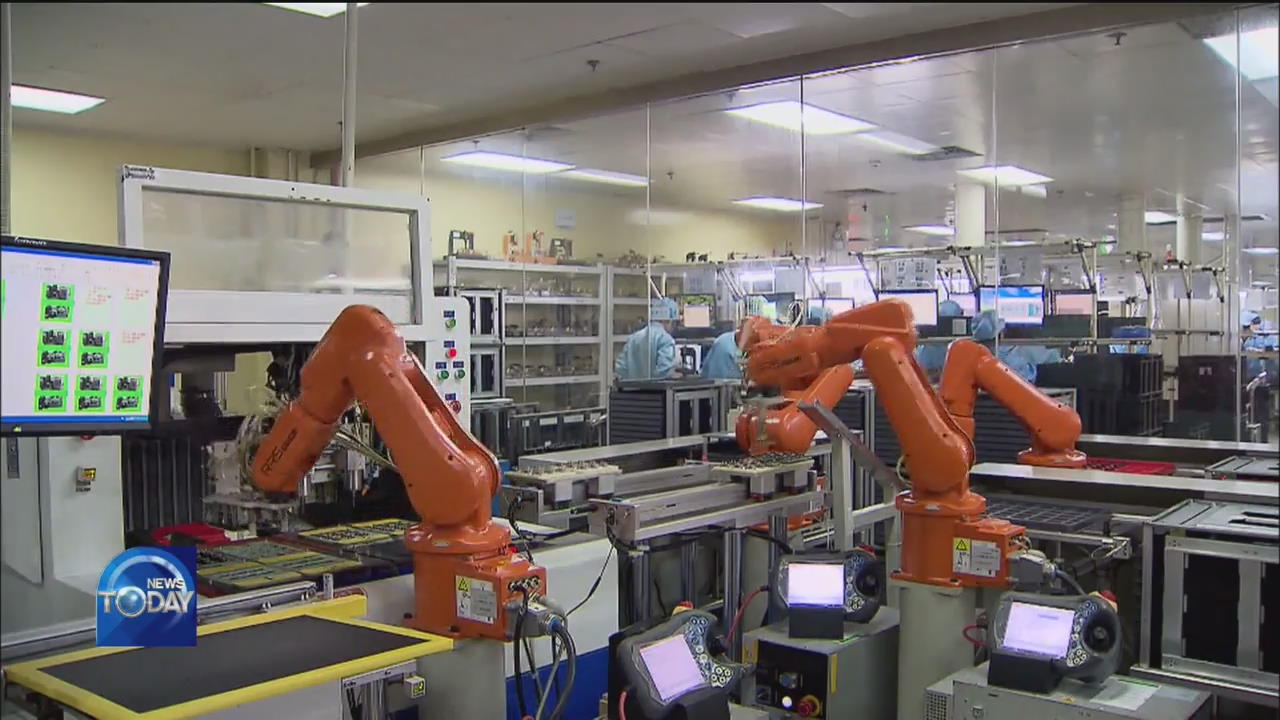
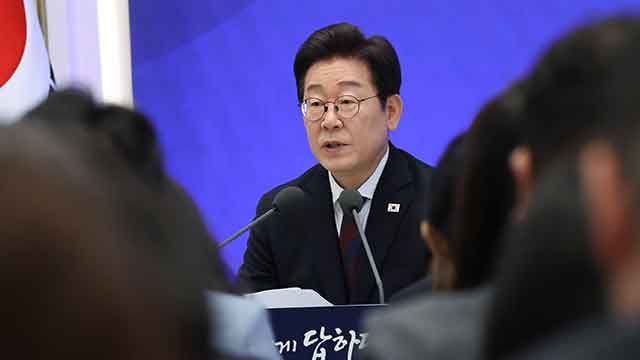
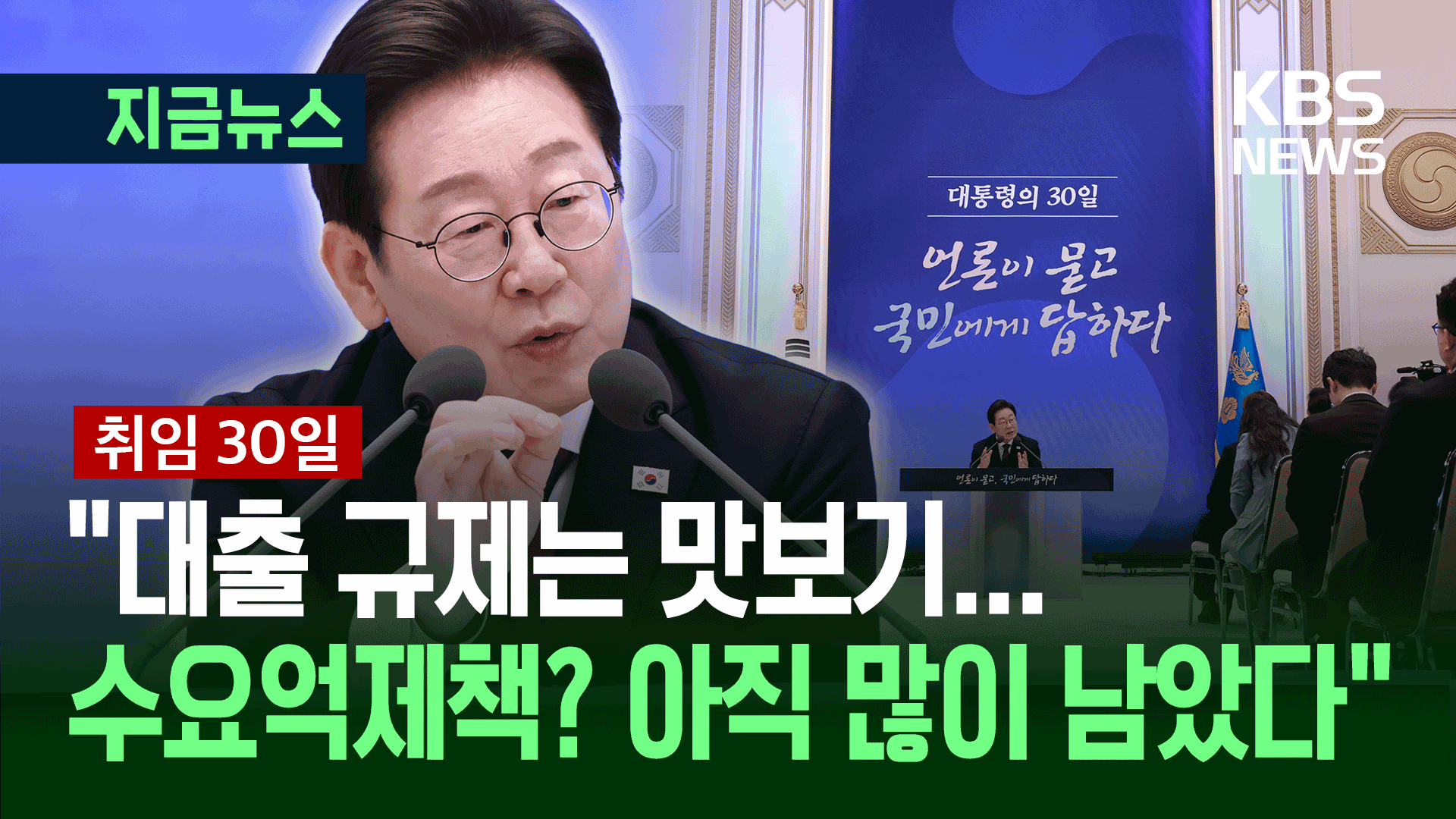

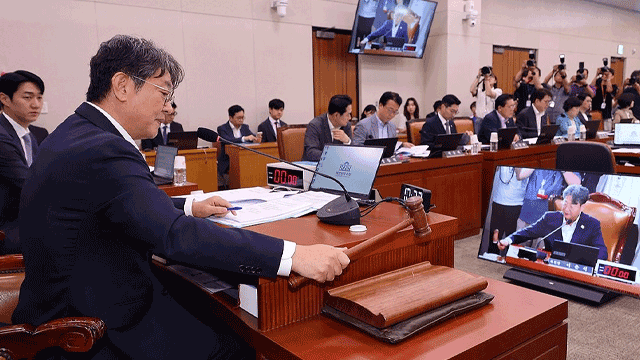

이 기사에 대한 의견을 남겨주세요.